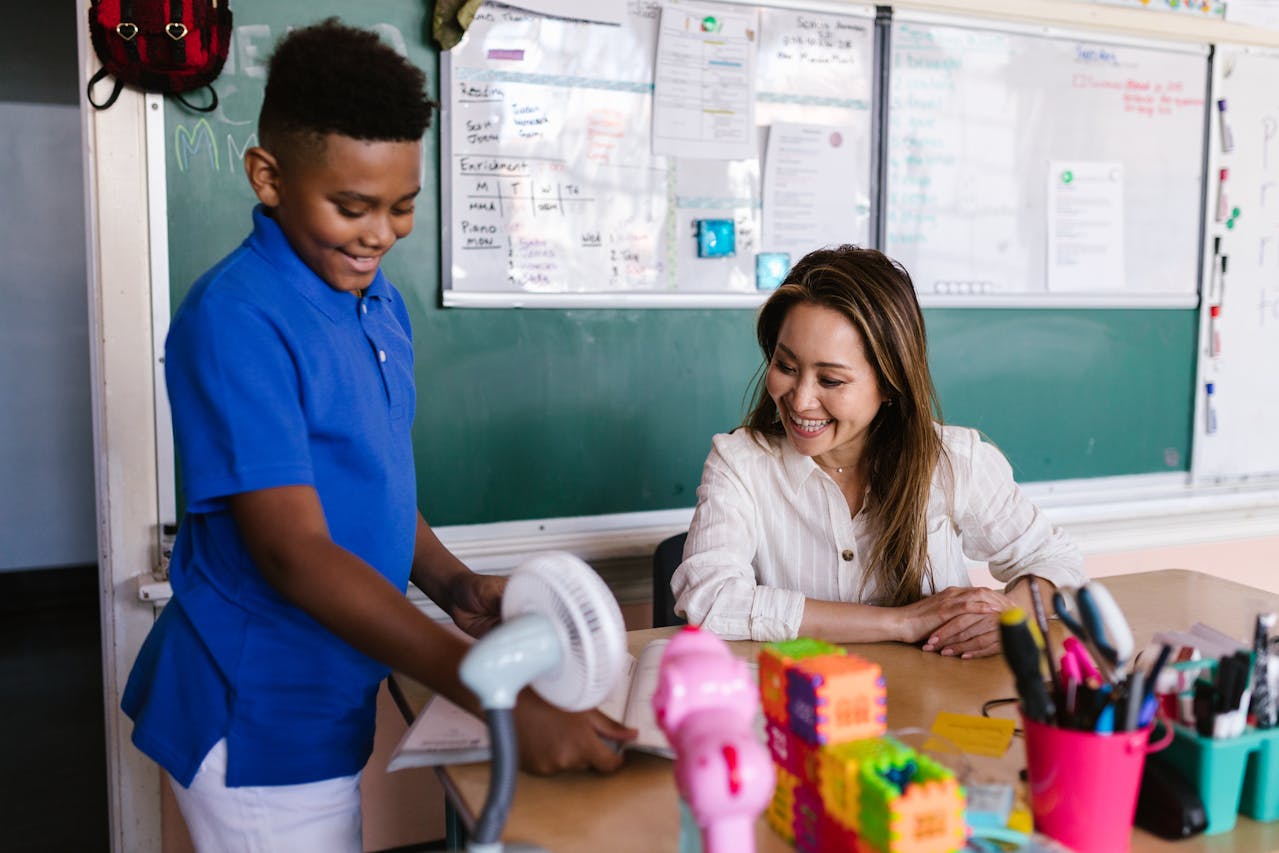
How Courts Make School Decisions in Custody Cases Involving High Conflict
Key Takeaways
- The parent who chooses the school in a custody battle typically depends on whether the custody arrangement is sole or joint.
- When parents can’t agree at all about school decisions in custody cases, courts step in using the “best interest of the child standard.”
- Some factors that courts take into account in high-conflict custody cases include the best interest of the child, special needs, the child’s stability and opinions, logistics, school systems, and parental cooperation.
- Both parties must prepare strong evidence to defend their parental rights and school choice.
It is common for parents to face serious conflicts when making educational decisions in custody matters. Courts step in to make school decisions in custody cases where parents cannot reach an agreement at all. They focus on placements that serve the child’s needs and work best for both parents.
Both parties should be ready to defend their parental rights and school choice in high-conflict custody cases. This blog examines how legal custody influences educational decision-making, how courts decide on school choice in custody cases, and how to prepare adequately.
Who Picks the School in Custody Battles?
School decisions in custody cases are tied to the nature of legal custody granted by a court order or agreement.
Sole Legal Custody
This type of custody grants one parent complete authority over educational decisions. Courts consider sole legal custody when parents cannot work together at all or when one parent is absent or unable to make sound decisions. These include instances of domestic violence, poor communication, and substance abuse.
Joint Legal Custody
School decisions in custody cases where parents share child custody equally will require input from both parties. Parental rights and school choice must therefore align to enable parents to be reasonably involved in the child’s education.
The expectation is that parents will work together in good faith for the child’s benefit and discuss matters such as the best school district, the child’s primary residence, transportation responsibilities, and costs. If parents cannot agree on school choices, the judge will decide on the school in the custody battle.
How Courts Decide on School Choice in Custody Cases
Courts make educational decisions that better serve the child’s academic, emotional, and social needs, while aligning parental rights and school choice. Some significant elements that courts use to make school decisions in high-conflict custody cases are:
The Best School or School District
Courts acknowledge that good educational opportunities can offer a child better career and life prospects. They determine which school or district performs better based on rankings, test scores, graduation rates, teacher qualifications, class sizes, and availability of unique programs that fit the child’s needs.
The Child’s Special Needs
Specialized programs enable eligible students to fully benefit from their education and support their health, safety, and well-being. Courts making school decisions in custody cases prioritize institutions that are well-equipped with the resources, staff, and programs that will better support the needs of a child with a disability or giftedness who already benefits from or requires special education interventions such as IEP plans, therapy, behavioral plans, and related accommodations.
The Child’s Stability and Preferences
Examining a child’s social and emotional well-being is also how courts decide on school choice in custody cases. Understandably, switching schools and forcing children to adjust to new environments repeatedly is detrimental to their confidence, well-being, and academic performance.
When making school decisions in custody cases, judges may favor keeping the child in their current school if they are happy and comfortable there, unless there’s a strong reason not to. They may seek evidence and opinions from older or more mature children regarding the child’s existing friendships, extracurricular activities, sports teams, and clubs, as well as their educational goals.
Logistics and Practicalities
In high-conflict custody cases, courts examine whether it is feasible for a child to attend a chosen school without interfering with their school hours, after-school activities, and well-being. It’s also crucial that the parental rights and school choice are aligned. Some factors that courts examine when making school decisions in custody cases include:
- Transportation: Who is responsible for dropping off and picking up every day?
- Commute: How long does the drive take?
- Routines: What times do school hours and extracurricular activities start/end?
- Custody schedule: Will the transportation, commute, and routines be manageable for each parent during their custody days/weeks and work schedules?
- Primary Custody: Courts may consider which parent lives with the child most of the time and place the child in that district. Still, physical custody doesn’t always lock in the school district. The court may still favor the other district if it offers better opportunities.
The Favorable School System
Families have diverse options when it comes to school systems: public, charter, private, special education, and homeschooling. Still, this often complicates school decisions in custody cases. In high-conflict custody cases, courts examine the costs involved and whether both parents can support the child’s education.
Public schools are the default in most jurisdictions, unless both parents agree to split tuition, transportation, and costs involved in other systems. Courts may still select a school that supports a child’s special needs, even if it costs more or is farther away.
Parental Cooperation
Sometimes, even in joint custody, a parent may consistently refuse to communicate or cooperate. The court may choose the parent who picks the school in the custody battle as the one who has historically made sound educational decisions.
Defending Your Parental Rights and School Choice
Courts rely on evidence presented by both parties to make school decisions in custody cases. Prioritize gathering sufficient and reliable information, such as:
- Child’s school records, including awards, test scores, and recommendations
- Extracurricular activities, sports teams, and clubs the child is in
- Special needs factors, including existing IEPs, required accommodations, medical records of a condition or disability, expert evaluations, and available special programs in a chosen school
- Custody schedules
- Costs involved
- Expert witness testimony about a chosen school’s program quality
Research your chosen schools adequately to determine if they can support your child’s needs. Ensure they can stand up to challenge in court.
Find School Review and Comparison Services at School Liability Expert Group
Both parties must understand how courts decide on school choice in custody cases and prepare compelling evidence to defend their parental rights and school choice.
School Liability Expert Group is a highly trusted education expert witness firm specializing in school reviews and comparisons for child custody cases. Parents and attorneys engage us to review and testify on the chosen schools’ program quality, special education programs, past and present liability issues, and general child custody matters. Book a call to discuss how our court-qualified experts can help you navigate school decisions in custody cases.



